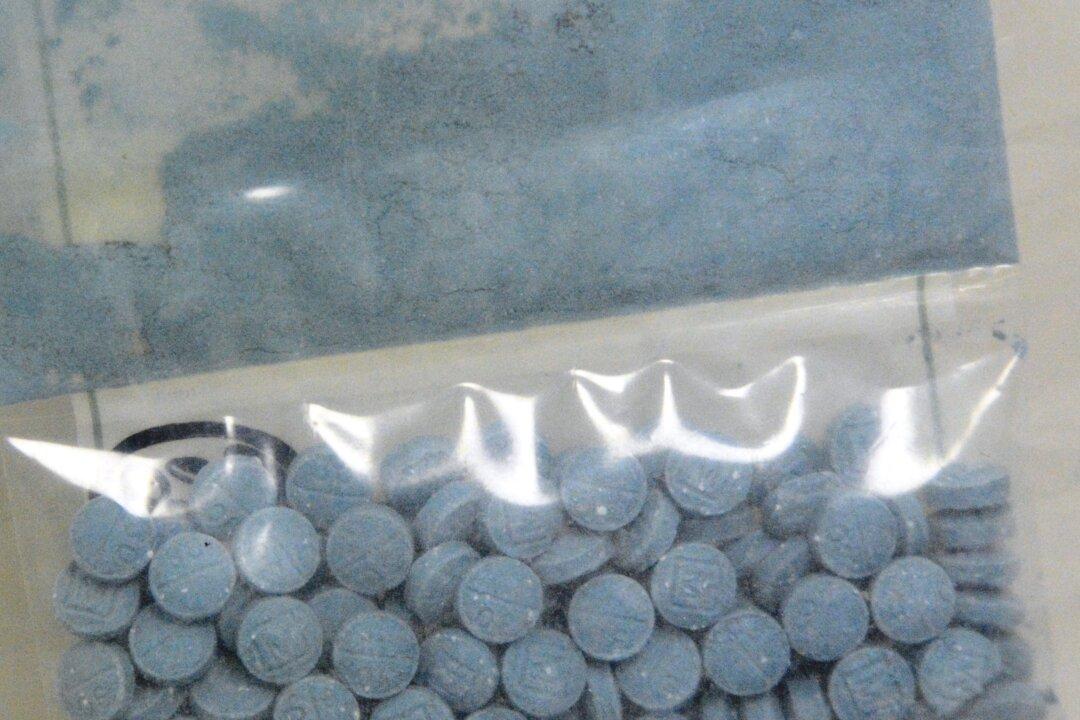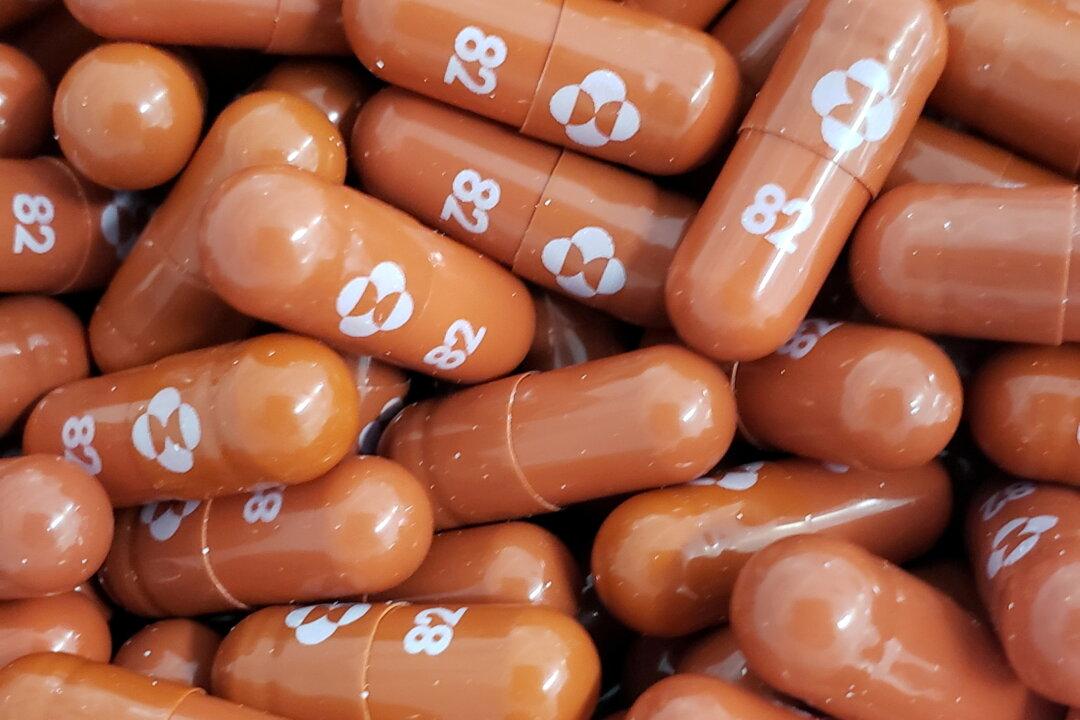Singapore has no intention of legalizing drugs despite that it is “under increasing pressure, both externally and internally [to do so],” said Prime Minister Lee Hsien Loong.
Lee was addressing the 50th anniversary of the Central Narcotics Bureau of Singapore (CNB) on Dec. 7, 2021.




